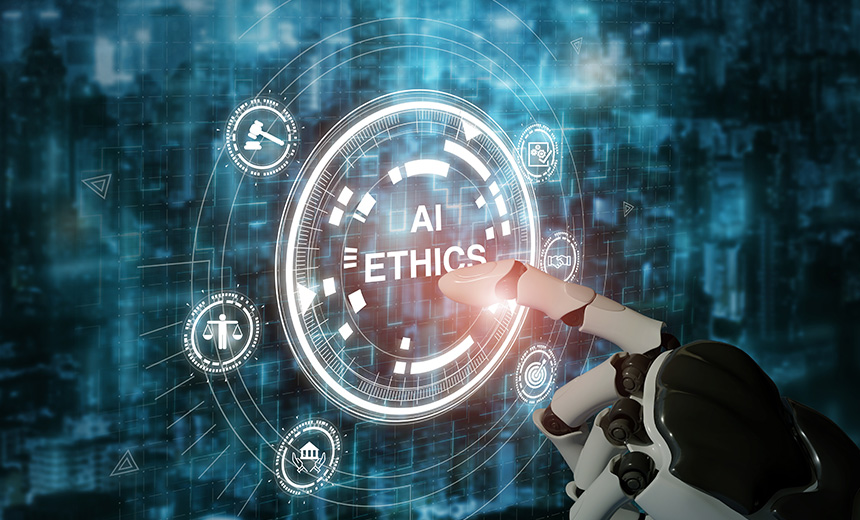The Dangers of Artificial Intelligence and the Importance of Safety Measures - CEPA
Artificial Intelligence (AI) has been making headlines for all the wrong reasons lately. From hallucinations to spreading conspiracy theories, AI leaders are facing challenges in ensuring the safety and accuracy of their technologies. The recent incident involving Google's AI-powered Overviews mistakenly identifying former President Barack Obama as the first Muslim President of the United States highlights the urgent need for improvements in AI systems.

The Balancing Act: Innovation vs. Safety
The race to innovate and bring AI technologies to market quickly has led companies to cut corners and overlook critical safety measures. While governments are working to regulate these technologies, progress is slow compared to the rapid pace of AI development in the private sector. Companies must take responsibility for minimizing errors and biases in AI systems by engaging and empowering users in the process.
OpenAI's recent efforts to train its AI software and appoint a new safety team underscore the importance of prioritizing safety over profit and growth. The industry-wide motto of "Move fast and break things" has contributed to a culture of recklessness and secrecy, which can have serious consequences for society.
Regulatory Challenges and Solutions
While governments like the EU have passed regulations such as the AI Act, enforcement and compliance will take time. In the US, the AI Bill of Rights serves as a blueprint for recommendations rather than binding laws. Legal actions and investigations against tech giants like OpenAI and Microsoft demonstrate the growing scrutiny of AI practices and the need for accountability.

Without effective regulation, technology companies must rely on user engagement to moderate content and identify errors. Platforms like YouTube, Wikipedia, and Reddit have successfully empowered users to flag misinformation and update information, setting a positive example for others to follow.
Ensuring AI Safety
Google's acknowledgment of errors in its AI systems is a step in the right direction, but more needs to be done to prevent such incidents in the future. As AI technology continues to evolve rapidly, the need for robust safety measures and regulations becomes increasingly urgent. Companies must prioritize the ethical development and deployment of AI to avoid potential risks and liabilities.




















